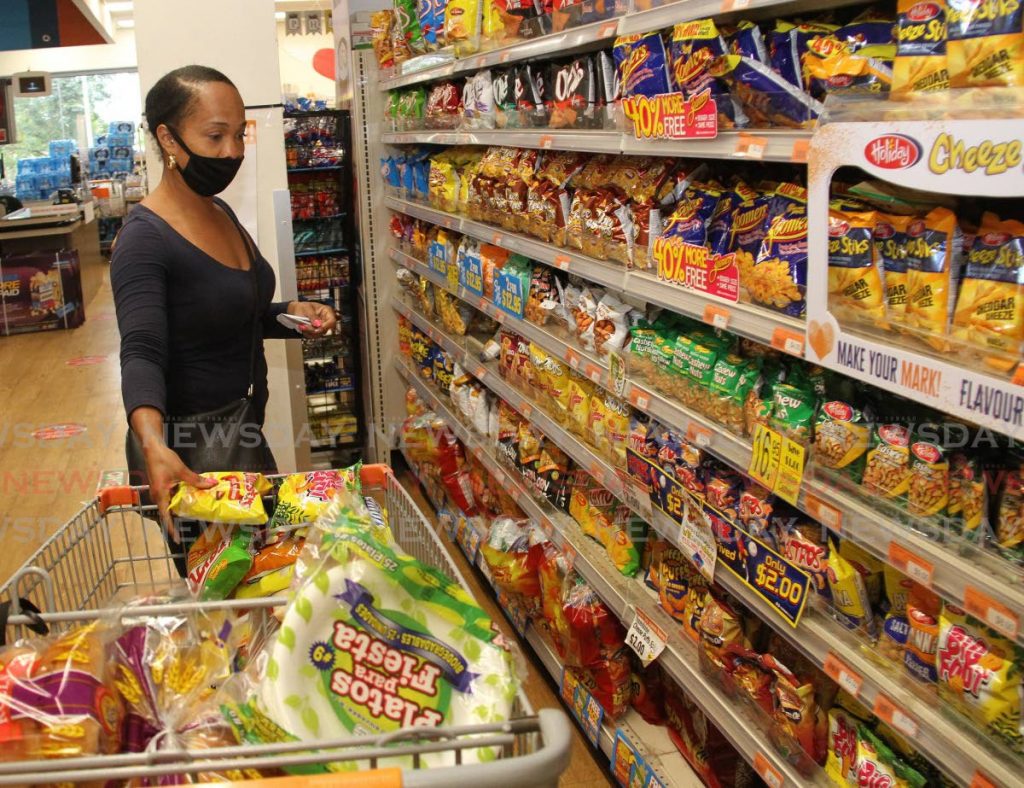Central Bank: Inflation eased, but imports will increase prices

THE REMOVAL OF VAT on a number of items helped to ease prices in the first quarter of the year, but may not be enough to shield TT from higher food prices as imported inflation continues to climb, according to the Central Bank’s Monetary Report released on Friday.
“The MPC considered the increasing weight of external factors on current and short-term developments in TT. The consensus view among international analysts regarding further interest rate adjustments in the US and elsewhere were also considered,” the report said.
“At the same time the committee took account of the early signs of domestic economic recovery facilitated by expansion in credit alongside still relatively low supply-driven inflation.
“While higher energy prices will augment fiscal revenues, wider supply disruptions and higher prices of food commodities will add to imported inflation,”
The report said inflation dropped by 0.1 per cent, standing at 3.8 per cent in January as compared to 3.9 per cent in October 2021. Core inflation, which excludes food items, remained steady year-on-year at three per cent.
It added that estimates from the bank’s Quarterly Index of Economic Activity (QIEA) indicate a return to positive growth in the energy sector, and in the non-energy sector, the roll-back of covid19 restrictions and bank assistance are boosting business operations.
Lowered employment has affected the creditworthiness of consumers to banks, prompting the banks to lean more to lending to businesses, rather than people. The report indicated that the unemployment rate of 6.1 per cent realised in the third quarter persisted into later quarters and has remained at that rate, but business lending increased by 4.5 per cent in December 2021 as compared to the 2.2 per cent decline over the first three quarters of that year.
The report said despite good signs in the domestic economy, global economic uncertainty accelerated in the first quarter of 2022 owing to shocks coming from the Russian invasion of Ukraine.
The spikes in energy prices, while adding to possible growth in the local energy sector, have increased concern in major economies around the world, pushing monetary responses to go the way of tightening rather than easing.
The report said the US Federal Reserve and the Bank of England hiked their respective policy rates by 25 basis points. Many other central banks have also raised their interest rates because of concern over rising inflation rates, external pressures in the global energy sectors and the impact of higher interest rates in advanced economies on the potential flow of capital.
The Monetary Policy Committee came to a consensus to keep the repo rate at 3.5 per cent.


Comments
"Central Bank: Inflation eased, but imports will increase prices"